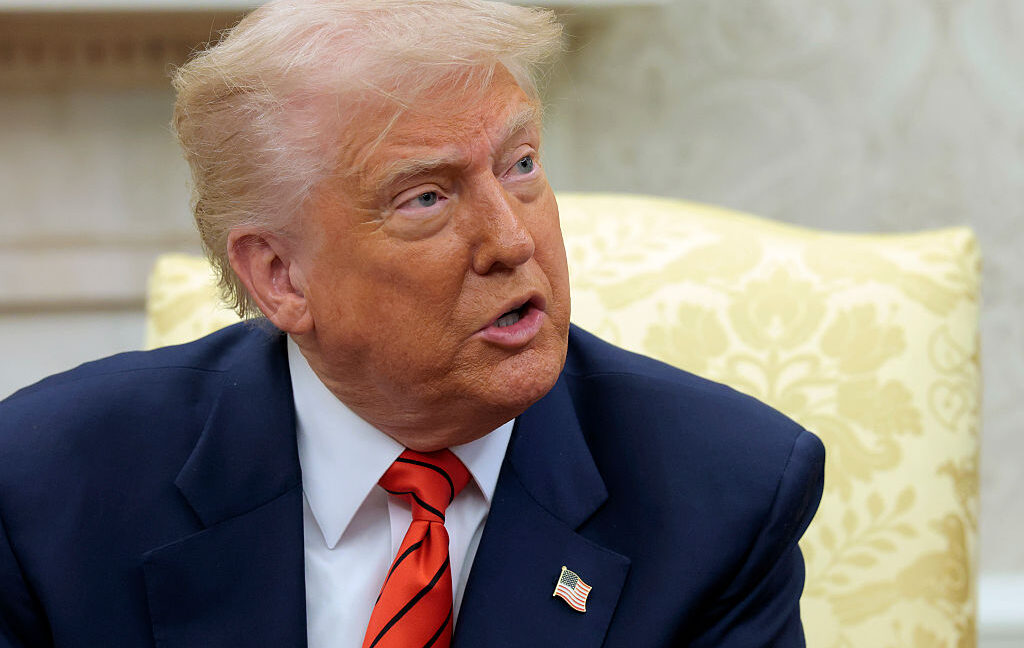
Bertin Martens, a senior fellow at a European economics-focused think tank called Bruegel, broke down in April how practical it could be for the EU to attack digital platforms, noting, “there is a question of whether such retaliation is even feasible.”
The EU could possibly use a law known as the Anti-Coercion Regulation—which grants officials authority to lob countermeasures when facing “foreign economic coercion”—to impose digital services tariffs.
But “platforms with substantive presence in the EU cannot be the target of trade measures” under that law, Martens noted. That could create a carveout for the biggest tech giants who have operations in the EU, Martens suggested, but only if those operations are deemed “substantive,” a term that the law does not clearly define.
To make that determination, officials would need “detailed information on the locations or nationalities” of all the users that platforms bring together, including buyers, sellers, advertisers and other parties, Martens said.
This makes digital services platforms “particularly difficult to target,” he suggested. And lawmakers could risk backlash if “any arbitrary decision to invoke” the law risks “imposing a tax on EU users without retaliatory effect on the US.”
While tech companies will have to wait for the trade war to play out—likely planning to increase prices, Allianz Trade found, rather than bear the brunt of new costs—Shah suggested that there could be one clear winner if Trump doesn’t reprioritize shielding digital services exports in the way that experts recommend.
“A surprising potential consequence of digital tariffs could be the accelerated development and adoption of open-source technologies,” Shah wrote. “As proprietary digital products and services become subject to cross-border tariffs, open-source alternatives—which can be freely shared, modified, and distributed—may gain significant advantages.”
If costs get too high, Shah suggested that even tech giants might “increasingly turn to open-source solutions that can be locally deployed without triggering tariff thresholds.” Such a shift could potentially “profoundly affect the competitive landscape in areas like cloud infrastructure, AI frameworks, and enterprise software,” Shah wrote.
In that imagined future where open source alternatives rule the world, Shah said that targeting digital imports by tariff systems could become ineffective, “inadvertently driving adoption toward open-source alternatives that generate less economic leverage.”

